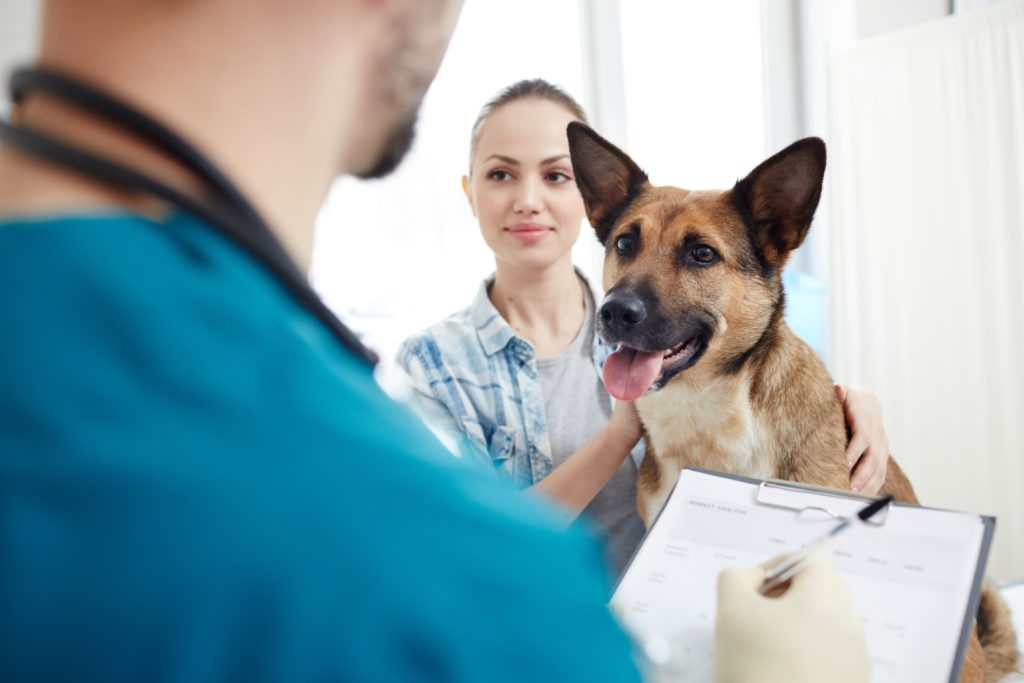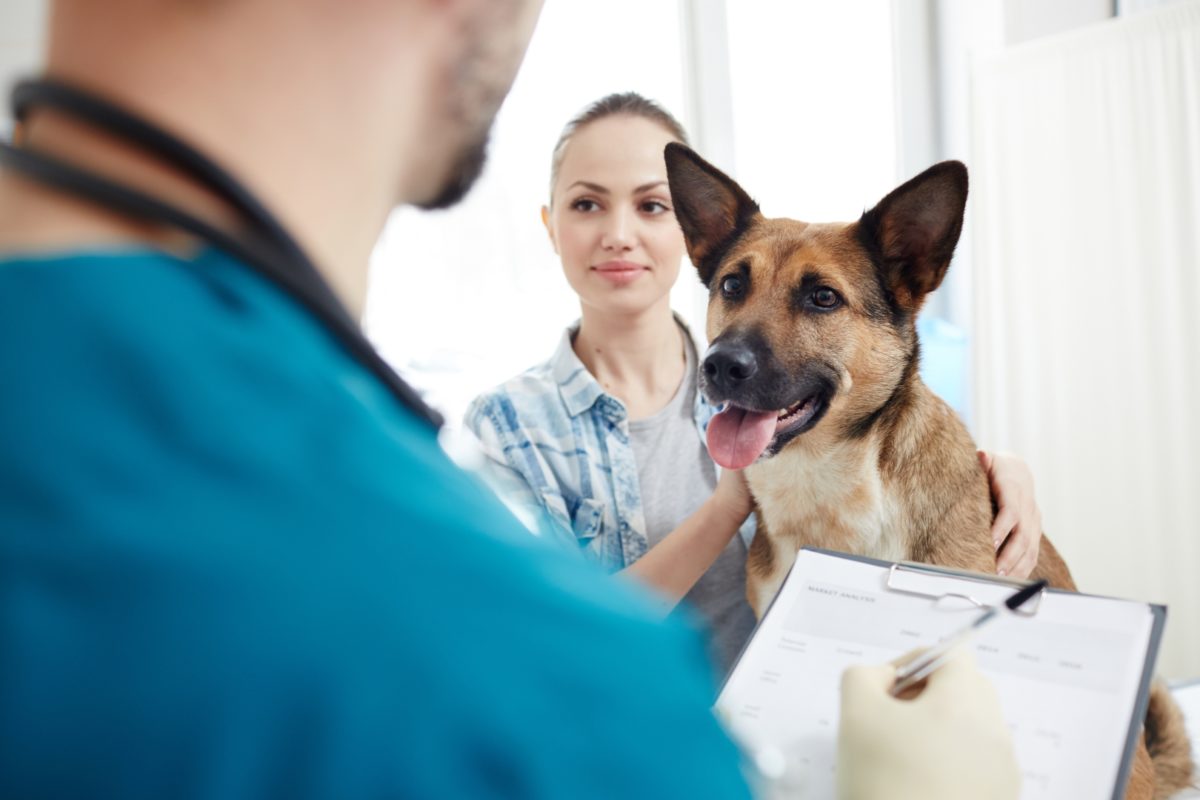OFA CHIC Certification Program
Posted on February 24, 2022 by Pinnacle Pet

Several months ago, we talked about the Orthopedic Foundation for Animals (OFA) efforts, which tracks and manages the genetic information of domesticated dog breeds across generations. Although the OFA mission is rooted in canine genetic disorders, their genetic database is not restricted by orthopedic illnesses or animal type, or species.
OFA continues to fund research and remains committed to growing its certification program for the Canine Health Information Center, or CHIC. The idea behind the program is information sharing through access to OFAs’ database system that retains a working catalog of genetic history and health certification by breed for cats and dogs.
Who Benefits from CHIC?
The OFA CHIC program is meant to inform, educate, and encourage responsible breed practices. However, it wouldn’t work without the help of parent clubs, like the American Kennel Club or the Westminster Kennel Club, and participating breeders.
For a breeder to receive a CHIC certification, one of their animals must be recommended by a parent club. To benefit from the program entirely, everyone from researchers to pet parents, or anyone interested in animal health issues, can access the genetic database and review the results recorded into the CHIC DNA Repository.
CHIC Program Certification for Breeders
The CHIC program is a reliable and credible source for analyzing specific breed pedigrees, their health strengths, and weaknesses, breed conformation, type–or species–and performance levels for breeders. Breeders achieve CHIC certification by having the animal microchipped or tattooed.
They must also agree to an “informed consent to release” to receive a CHIC certification. The release gives OFA the right to publish the information in the public domain. Once all steps are complete, the breeder gets a unique CHIC number along with the published CHIC report, which is also made publicly available in the CHIC database.
To receive additional information on the CHIC program and testing requirements, breeders should contact their parent club.
(IMPORTANT: “The CHIC number does not imply normal test results, only that the required breed specific tests were performed and the results made public.”)
Parent Clubs Partner With the OFA on the CHIC Program
By far, the organizations that have absolutely nothing to lose from the OFA CHIC program are parent clubs. There is no requirement for a parent club to invest. Instead, they earn an expanded infrastructure from accessing the genetic database and DNA repository.
In short, the OFA staff manage the database. As a result, parent clubs have no staffing requirements, no time constraints, no resource expenses, and no demand for training. Instead, parent clubs focus on breeder education, participation, and awareness.
CHIC Program for Researchers
Of all the users of the CHIC program, researchers gain access to a public domain that contains an accurate aggregate of historical genetic information. In addition, the information contained within OFAs’ databases continues to increase our knowledge of genetic-related health issues impacting all breeds in many species.
CHIC is for Everyone
In the end, the OFA CHIC program and database are for everyone. So whether you’re researching a new breed for your store or looking to research stud health, the CHIC program is the go-to tool for understanding disease frequency and evaluating advancements in health.
By far, pet store owners stand to gain the most out of the OFA CHIC program. Store owners have a vested interest in the health of the puppies they sell, since their industry has a long complicated history, fraught with breed diseases and illnesses. So for store owners and any purchaser, or buyer, to have access to genetic information at their fingertips, it helps them make better, more informed decisions about their purchases.
Interested in Getting Involved
At Pinnacle Pet, we want to help our breeders and buyers succeed at building a positive relationship from the beginning and into the future. That is why we believe so strongly in the OFA CHIC program, and we encourage you to reach out to your parent club today to learn more. The OFA is here to help us all attain the goal of making a healthier world through responsible breeding.
